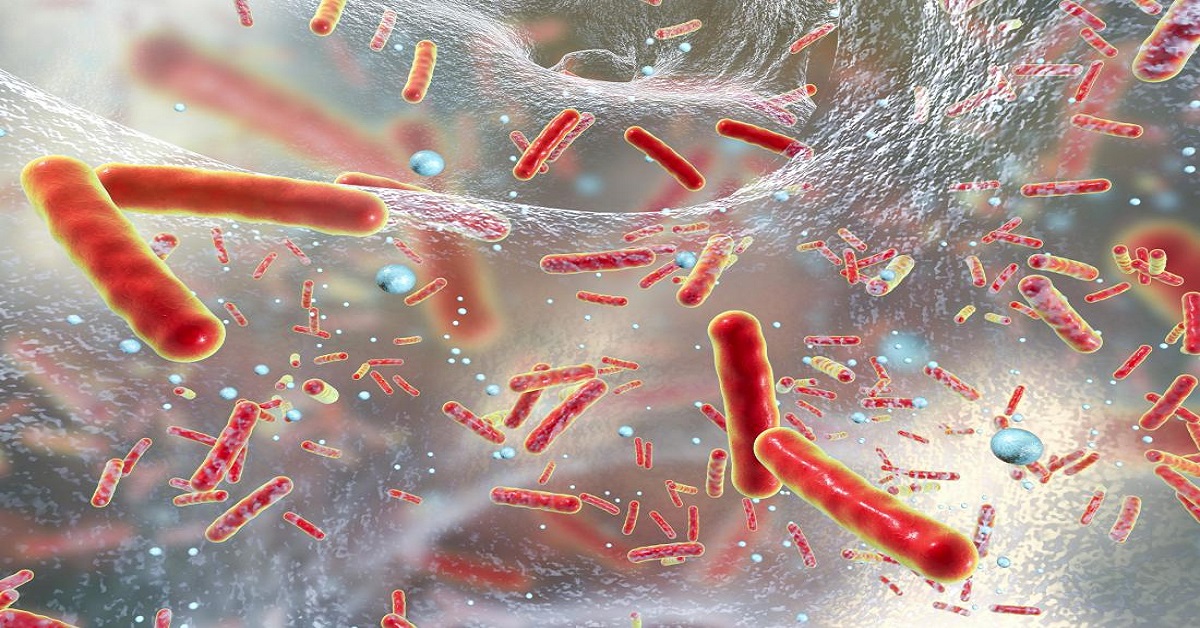Human Behaviour Abetted Deadly Bacteria To Become Epidemic: Study

Scientists have, in a new study released on Friday, shown how Pseudomonas aeruginosa — an environmental bacteria that can cause devastating multidrug-resistant infections, particularly in people with underlying lung conditions — have evolved rapidly and then spread globally over the last 200 years.
Changes in human behaviour helped the bacteria — responsible for over 5,00,000 deaths per year worldwide, of which over 3,00,000 are associated with antimicrobial resistance (AMR) — to become epidemic, said the team from the University of Cambridge in the UK.
People with conditions such as chronic obstructive pulmonary disease (COPD) — smoking-related lung damage — cystic fibrosis (CF), and non-CF bronchiectasis, are particularly susceptible to the bacteria. P. aeruginosa was found to exploit immune defects to persist in cystic fibrosis patients.
To probe how P. aeruginosa evolved from an environmental organism into a specialised human pathogen the scientists examined DNA data from almost 10,000 samples taken from infected individuals, animals, and environments around the world.
Using the data, the team created phylogenetic trees — ‘family trees’ — that show how the bacteria from the samples are related to each other.
Their results, published in the journal Science, showed that almost seven in 10 infections are caused by just 21 genetic clones, or ‘branches’ of the family tree. These have rapidly evolved (by acquiring new genes from neighbouring bacteria) and then spread globally over the last 200 years.
The bacteria spread occurred mostly as people began to live in densely populated areas, where air pollution made our lungs more susceptible to infection and where there were more opportunities for infections to spread.
Besides spreading between CF patients, it can also spread with “worrying ease between other patients, too”, the team said.
The study on P. aeruginosa “has taught us new things about the biology of cystic fibrosis and revealed important ways we might be able to improve immunity against invading bacteria in this and potentially other conditions,” said Professor Andres Floto, Director of the UK Cystic Fibrosis Innovation Hub at the University of Cambridge.
















